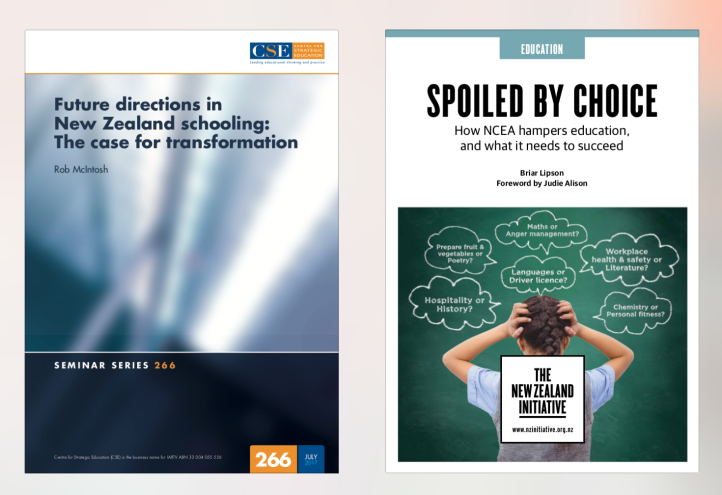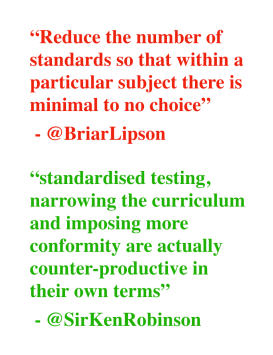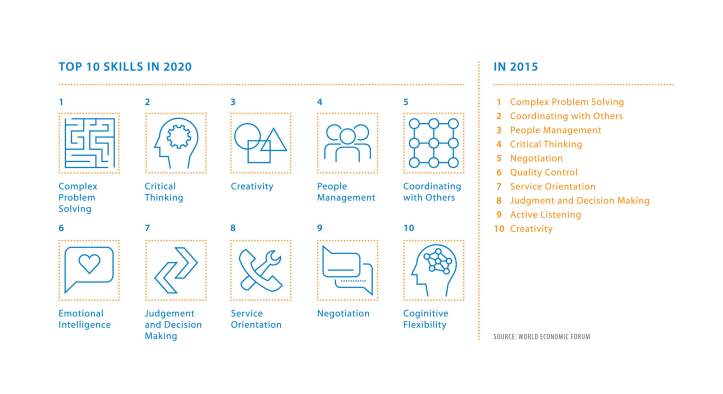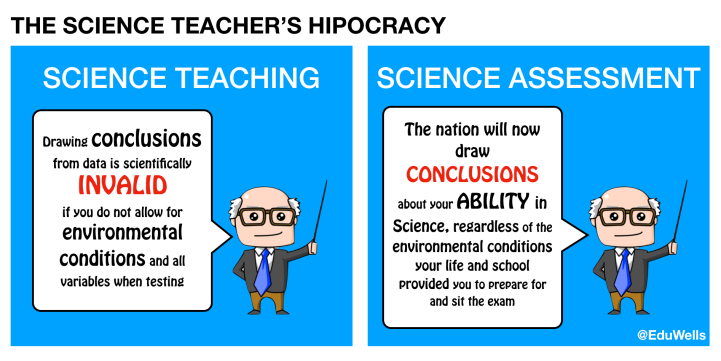In New Zealand, the new Labour government and it’s education secretary, Chris Hipkins, are reviewing significant elements in the education system and promising an overhaul. This has excited both conservative and liberal reformers and I thought I’d look at the debate through a review of two recent papers, one from each reform camp.
Paper 1: SPOILED BY CHOICE: How NCEA hampers education, and what it needs to succeed
– by Briar Lipson (conservative view)
Paper 2: Future directions in New Zealand schooling: The case for transformation
– by Rob McIntosh (liberal view)

Nothing new from either side?
Even in the titles of these papers, the typical conservative and liberal perspectives on education are evident. The conservative view (Lipson) is one with a divisive and deficit [“NCEA hampers”] focus of how current stakeholders are ‘doing it wrong’ and how offering less flexibility, more traditional rigour, and more ranking is required in the assessment system to better report on who passes and fails the process i.e. let’s return to ‘the good old days.’ As well as a longing for the past, conservatives also like definites and so Lipson’s paper comes with very specific recommendations that apparently will solve the presented problems.
Examples of Lipson’s solutions:
- “[The Government] should also demand levels of mastery that ensure all students with NCEA also meet international benchmarks” [ranking of countries]
- “higher expectations of the breadth of core subjects all students must master in school ” [ranking of subjects]
- “within a particular subject there is minimal to no choice [of standards] and each standard covers a bigger and broader set of skills” [ranking of standards]
- “[In Exams] they should inject elements of ‘surprise’ that encourage teachers to teach the breadth of their subject’s curriculum, rather than to its assessments.” [ranking of teachers]
 The liberal view from McIntosh shares the same belief as Lipson, that the current NZ education model and assessment is not preparing many young people for the future but his perspective, that unlike Lipson’s, includes the future, draws very different conclusions. Liberals like to be inclusive, and McIntosh makes the point of not proclaiming definite solutions but encourages that the dialogue between all stakeholders must be pushed towards one of full transformation and away from the traditional industrial model that Lipson hopes to return us too. McIntosh also highlights the ongoing miss-match between the industrial model and the world of today.
The liberal view from McIntosh shares the same belief as Lipson, that the current NZ education model and assessment is not preparing many young people for the future but his perspective, that unlike Lipson’s, includes the future, draws very different conclusions. Liberals like to be inclusive, and McIntosh makes the point of not proclaiming definite solutions but encourages that the dialogue between all stakeholders must be pushed towards one of full transformation and away from the traditional industrial model that Lipson hopes to return us too. McIntosh also highlights the ongoing miss-match between the industrial model and the world of today.
When I suggested that there was nothing new from both sides, I only highlight, as I have done on other posts, that I see McIntosh as only calling on NZ schools to follow in the footsteps of some and enact the National Curriculum as it is written and for schools to not carry on as they were in the 20th century, with timetables and subjects. The The Economist suggested last year, we have everything written down within the existing curriculum and NCEA, it’s just a matter of using them as they is intended.
Employers and PISA
PISA: Both reports use NZ’s falling PISA scores in comparison with NCEA improved outcomes as example that something is wrong. Lipson blames NCEA’s ‘internal’ (project) assessments and the shift away from high-stakes ‘External’ exams creating a complacent school population of students choosing ‘easier’ internal standards. McIntosh obviously takes a more liberal view, not just focusing on stats but considering the whole picture:
“The reason for these different trends is not well understood. It could partially be a measurement issue, with New Zealand learners increasingly being less motivated to demonstrate their true capability in PISA, an assessment that does not count in terms of their own future.” – Rob McIntosh

Employment: Lipson argues that employers need a clearer and simpler way to trust education’s ranking of job applicants. This is how it was throughout the 19th and 20th Centuries that had more stable job market and slower changing industries.. The problem for me is that the 21st century employers’ requirements are rapidly changing and employers are demanding new skill priorities (see graphic above). McIntosh considers the significant changes that have and are taking place in all industries and questions whether any of the industrial education model’s elements, such as subject silos and standardised exams, prove useful in preparing young people and then gaging whether they will be useful in a future projects.

Equity? Which Equity are you talking about?
It is also true that right and left camps can have different priorities when it comes to feeling the system has equity. The conservatives, like Lipson, focus on the system as it appears on paper. They want to see standardised lists of subjects and standardised exams so that on paper, they can say there’s equity. The conservative blindspot is the inequity that exists in environmental conditions that different students experience in preparing for and sitting the supposedly standardised education. 150 years of global exam results have proven that home, classroom, teaching, and examination conditions are what determines overall school success and not the individual.
The apparent blindspot for progressives like me is not being able to say students have had the same education and can be compared and ranked. The equity debate happens because for people like me, not being ranked against peers is the point! It’s here I bring in the 166 top NZ employers, who last year outlined clearly that standardised formal qualifications were very limited in future-proofing young people for roles in the workplace. They also went on to confirm that schools needed to move forward to a new model and not stick to Lipson’s existing model of subject-based industrial education.
So … do we go forwards or backwards
Fortunately for me, I believe the British, conservative Maths teacher, Lipson, will have her 15 minutes of fame (She was on breakfast tv the other day) and then learn what it’s actually like in New Zealand Education, a system that has been ranked as the number one for future-ready education. The education conversation in NZ is far more progressive at nearly every level, including NCEA, ERO, and the Ministry of Ed, who have spent the last ten years building schools that physically encourage teachers and students away from the very subject teaching the Lipson is calling for more of.
I know Lipson, like most Maths teachers, likes a regime of testing, but let’s go forward with Rob McIntosh, as more will benefit in the long run and we won’t build on an industrial model that only ever ranked students by their socio-economic status and not personal ability.
